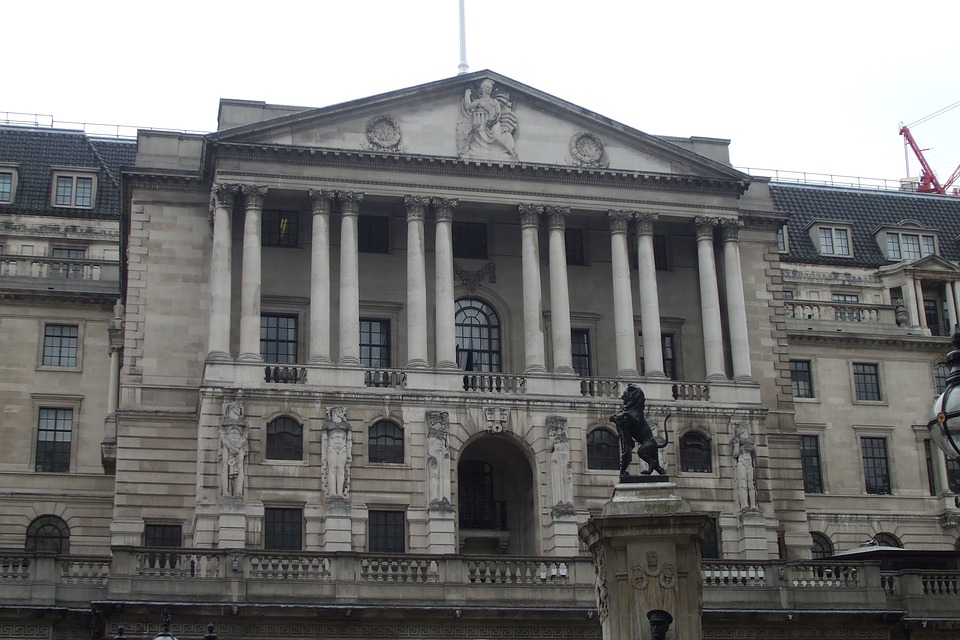Advisers should expect higher inflation and interest rates as a result of Rishi Sanuk’s appointment as chancellor.
Mr Sanuk was appointed to the lead role in the Treasury yesterday (February 13) after Sajid Javid threw in the towel in a show of defiance against the prime minister’s demands.
It was reported that Boris Johnson had asked the chancellor to fire his advisers in a bid to achieve a closer alignment with Number 10.
As a result industry participants believe the new chancellor will work more closely with Number 10, leading to more government spending, higher inflation and higher rates.
Mohammed Kazmi, portfolio manager for UBP’s Fixed Income team, said: “The market reaction of gilts selling off, a steeper rates curve and a stronger sterling clearly indicate that expectations are increasing for fiscal stimulus announcements to be made at the March Budget.
“The incentive for such spending comes from the results of the general election itself, which saw the Conservatives win in some traditional Labour Party strongholds, who most likely voted Conservative due to their Brexit pledge, however would probably require fiscal spending to be persuaded to vote for the party again.”
Since the news of the new chancellor became public sterling has risen to its highest level against the euro for three months, having gained 1.1 per cent ,and gained 0.7 per cent gain against the dollar.
Josh Mahony, market strategist at IG Group, said the rise in sterling since the announcement of the appointment of Mr Sanuk was the result of the market expecting a higher level of government spending than under his predecessor, which would lead to higher inflation.
As the Bank of England’s job is to target inflation at or near 2 per cent, if higher government spending leads to higher inflation, it is likely the central bank would have to put rates up.
The higher level of government spending may also lead to a higher rate of economic growth, which would boost demand in the economy, and also contribute to higher inflation.
Meanwhile investors sold off UK government bonds, leading to gilt yields rising from 0.61 per cent to 0.65 per cent on the 10-year bond.
David Zahn, head of European Fixed Income at Franklin Templeton, said government bonds have sold off because the market anticipates that inflation will rise, and this will make the income from bonds less attractive.
But Anthony Rayner, multi-asset fund manager at Premier Miton, said the general lack of inflation and growth in the world economy over the past decade means central banks are now more focused on maintaining economic growth and so won’t rush to put interest rates up, even if inflation does rise.
At the most recent meeting of the Bank of England’s monetary policy committee (MPC), the group that sets interest rates, the decision was made to leave rates at 0.75 per cent, as inflation was 1.3 per cent, considerably below the bank’s 2 per cent target.
The level of economic growth was also viewed as being likely to rise in the coming months, as other countries around the world have already cut interest rates, and this would boost the level of growth in the UK, so a rate cut is not needed.
By David Thorpe
Source: FT Adviser

